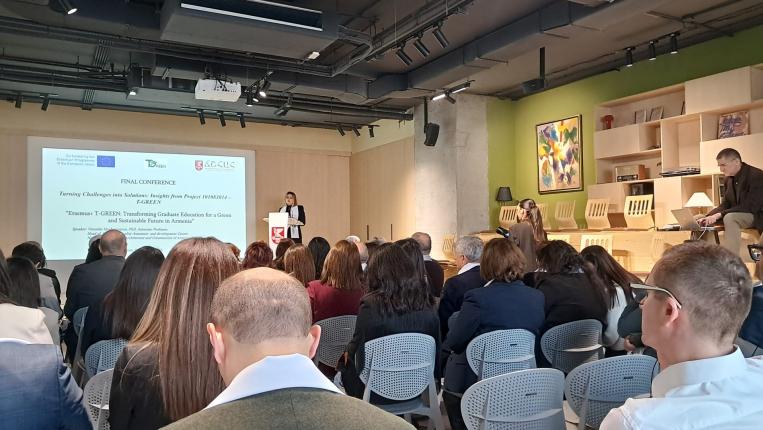Objectives and competences
Objectives
Demonstrate the essential role of statistics in the definition and understanding of the fundamental issues of health and nutrition.
Promote in students the interest for statistics, transferring knowledge to help them to be critical users of that knowledge, with autonomy to extract information from data and to understand the situations they represent.
Prepare the student for more advanced topics of analysis and interpretation of data, which will be an integral part of their professional activities in this area of knowledge.
Foster a scientific and critical thinking, essential in making decisions.
Results
Appropriate use of statistics in the areas of health and nutrition.
Understanding the statistical reasoning used in scientific articles in the area.
Master knowledge related to data analysis and statistical inference methodologies.
Interpretation of results from basic and advanced statistical procedures.
Use statistical programs for representation, interpretation and data analysis.
Teaching Methodologies
The course is structured in lectures (19.5 h) and theoretical-practical lessons (19.5 h). Theoretical contents, with application examples, are presented in the lectures. In the theoretical-practical classes, students solve exercises proposed and compiled into worksheets covering all matter, with the aim to consolidate and apply the knowledge acquired. All theoretical-practical exercises are solved with IBM SPSS Statistics software.
Syllabus
Lectures:
- Concepts related to basic research methodology: sample/population, variables, type of studies
- Revisions on descriptive statistics: qualitative and quantitative data, measures of synthesis, graphical representation
- Inferential statistics: hypothesis testing (procedures, errors, critical regions, significance level, p-value)
- Association between variables: causal inference (relative risk, odds ratio), Qui-Square test for independency, correlation coefficients
- Regression: linear and multiple linear regression analysis (procedures and validation)
- Parametric tests: single mean, difference between two means, variance, ratio of two variances, proportion and difference between two proportions, dependent and independent data, analysis of variance
- Nonparametric tests: normality of data and homogeneity of variance, dependent and independent data, one- and multi-sample tests
Theoretical-practicals
Solving exercises on all topics listed in the programme of Lectures.
Use of software (IBM SPSS Statistics) as a tool for data analysis





